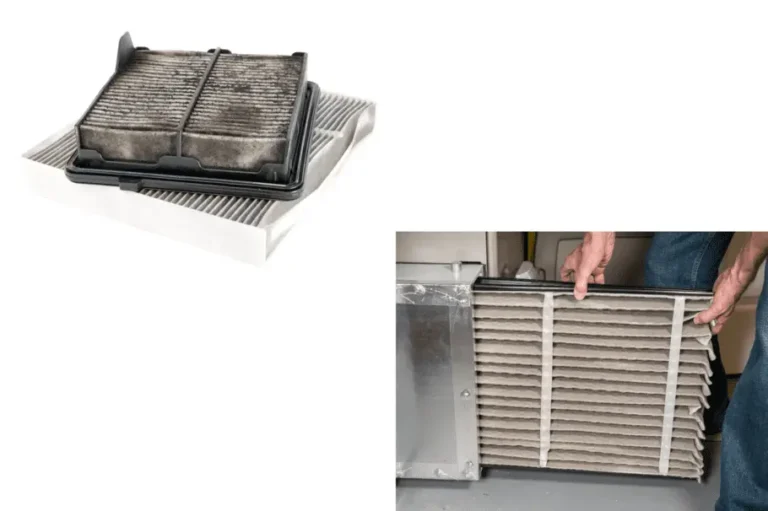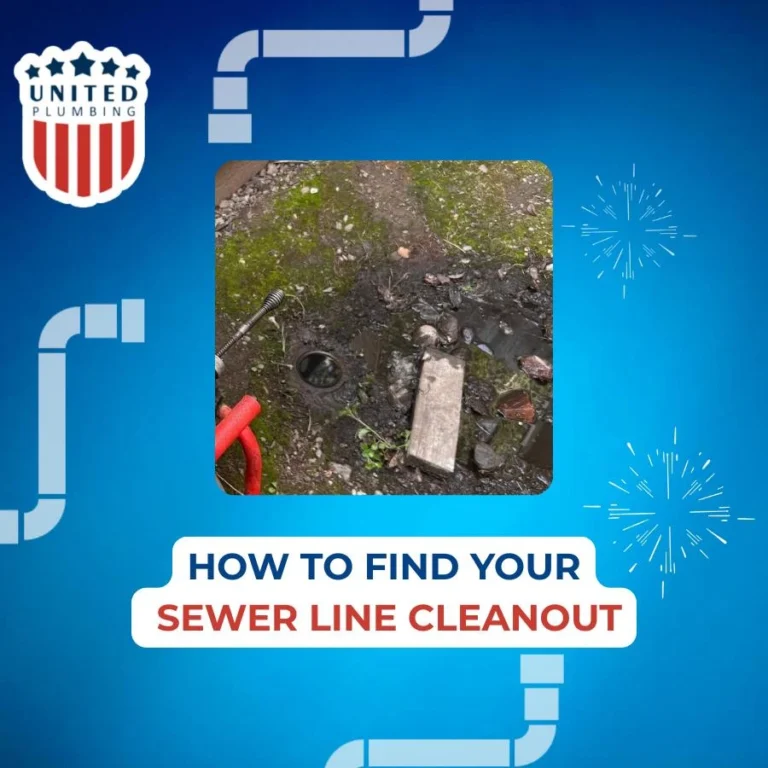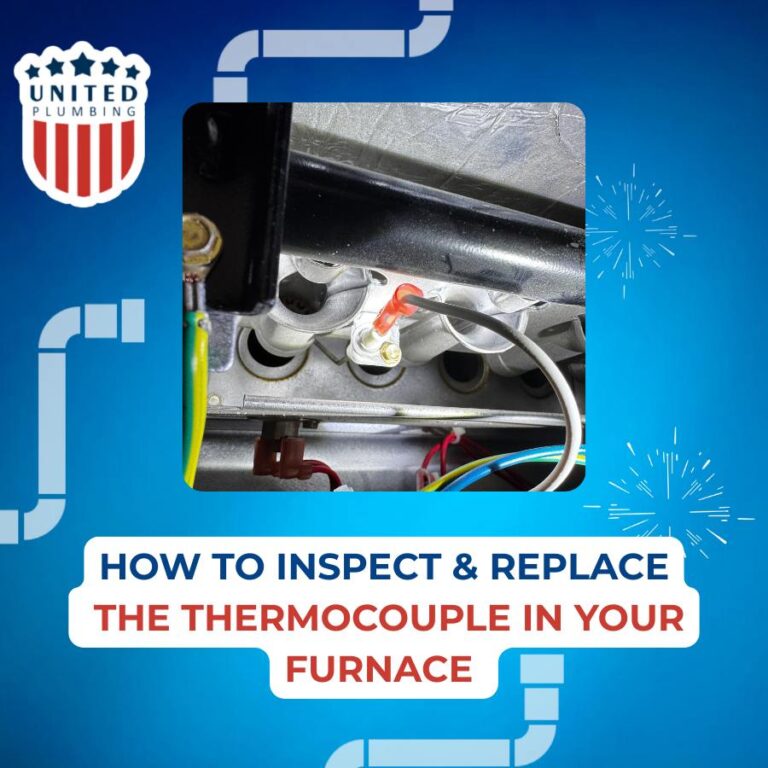FIVE-STAR TEAM WARRANTY &
SAME-DAY SERVICE
Why Is My AC Leaking Water?
An air conditioning unit that leaks water can be a source of frustration and concern for homeowners. The common causes of AC leaks include clogged drain lines, a damaged condensate pump, or low refrigerant levels. Identifying the cause promptly can help prevent more extensive damage and costly repairs.
Homeowners may notice pooling water around their units or dripping from the indoor components. This situation not only affects indoor comfort but can also lead to mold growth and structural damage if left unresolved. Addressing these issues early is crucial for the longevity of the air conditioning system.
Understanding the root of the problem is essential for effective solutions. By exploring the various reasons an AC unit might leak, homeowners can take steps to remedy the situation and ensure their unit operates efficiently throughout the hot months.
Common Causes of AC Water Leakage
Water leakage from an air conditioning unit can stem from several common issues. Addressing these factors promptly can help prevent further damage and maintain efficient operation.
Condensate Drain Line Issues
The condensate drain line is crucial for removing excess moisture from the AC system. If this line becomes clogged with dirt, algae, or other debris, water cannot drain properly. This blockage leads to water buildup, which can overflow and leak from the unit.
Regular maintenance of the drain line is essential. Homeowners can use a wet/dry vacuum to clear minor clogs, or a professional service can be enlisted for thorough cleaning. Additionally, installing a float switch can alert users when water backs up, providing an additional layer of protection against leaks.
Dirty Air Filters
Air filters play a critical role in maintaining the efficiency of an air conditioning unit. When these filters become dirty or clogged, airflow is restricted. Reduced airflow can cause the evaporator coils to freeze, leading to excess moisture when the ice melts.
Changing or cleaning air filters every month during peak seasons is recommended. This practice ensures optimal airflow and cooling efficiency. Maintaining clean filters not only prevents leaks but also helps improve indoor air quality.

Frozen Evaporator Coils
Frozen evaporator coils occur when there is insufficient air reaching the coils, often due to dirty air filters or blockages in the airflow system. When the coils freeze, the buildup of ice eventually melts, causing water to leak from the unit.
It is vital to address the underlying causes of the freezing. This might involve checking refrigerant levels, ensuring proper airflow, or inspecting the ductwork for obstructions. Timely intervention can prevent further complications and keep the system running smoothly.
Improper Installation
An improperly installed air conditioner can lead to several issues, including water leakage. If the unit is not level or is installed incorrectly, condensate may not drain as designed. This misalignment can cause water to pool and leak.
It is critical to have the AC system installed by a qualified professional. They ensure the unit is level, correctly positioned, and appropriately configured for optimal drainage. Regular inspections can also verify that the unit remains properly installed throughout its lifecycle.
Solving and Preventing Water Leak Problems
Addressing and preventing water leaks in an air conditioning unit requires a combination of regular upkeep, skilled repairs, and proper installation techniques. Each aspect plays a crucial role in ensuring efficient and effective operation.
Regular Maintenance and Inspections
Conducting routine maintenance is essential for preventing leaks. Regular inspections allow for early detection of potential issues such as:
- Clogged condensate drains
- Dirty air filters
- Refrigerant leaks
Homeowners should clean the condensate drain line and change air filters every few months. Keeping the unit clean helps it run efficiently, reducing the risk of excess condensation buildup. During maintenance checks, technicians should also examine the insulation on refrigerant lines, as damaged insulation can lead to sweating and pooling of water.
Professional AC Repair Services
When leaks occur, professional repair services should be sought. Experienced technicians can accurately diagnose the source of the problem, whether it’s due to low refrigerant levels, faulty components, or incorrect installation.
They often use specialized tools to identify leaks and assess system performance. After pinpointing the issue, they can provide solutions ranging from recharging refrigerant to replacing damaged parts. It’s vital to choose certified professionals to ensure repairs comply with industry standards for safety and effectiveness.
Installation Best Practices
Proper installation of an air conditioning unit is critical to preventing water leaks. This includes:
- Leveling the unit to ensure proper drainage
- Sizing the unit correctly for the space
- Ensuring adequate insulation on all refrigerant lines
Improper installation can result in multiple issues, such as insufficient drainage leading to water pooling. Ensuring that the condensate pan is installed correctly and is adequately inclined will facilitate proper water flow to the drain. Additionally, using a reputable HVAC contractor who follows manufacturer specifications can minimize the risk of future leaks.
Post views: 452
Latest posts

How to Find Your Sewer Line Cleanout
If your sinks are draining too slowly, your toilets are gurgling, or you are noticing foul odors coming from your...

How to Inspect & Replace the Thermocouple in Your Furnace
A broken or malfunctioning thermocouple may look like a minor issue, but it can stop your gas furnace from working...


If you still have questions or need advice, please leave a request and we will contact you as soon as possible
Need a plumber and got no clue where to start?
(408) 539-6936Facing a plumbing issue? Get a FREE in-person estimate and quick solutions from our skilled technicians, ensuring your home runs smoothly again!
